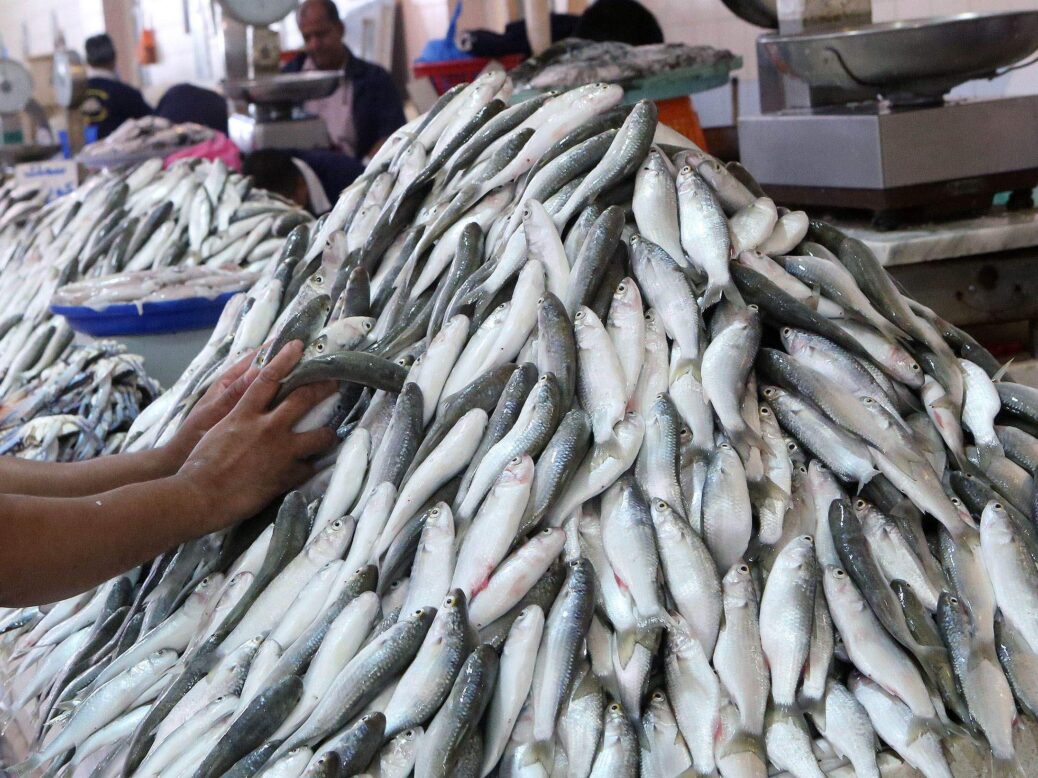
Although many oceanic scientists have predicted an increase in global oceanic mercury for many years now, uncertainty lingered because they lacked the necessary historical data needed to prove their hypotheses. However, in light of a new study in the scientific journal Nature, published on Wednesday, there appears to be solid evidence demonstrating the harmful impact of mercury in many of the world’s oceans.
According to recent estimates, roughly five thousand to eight thousand tonnes of mercury is emitted each year. Mercury is a toxic, naturally occurring element, considered by the World Health Organisation to be one of the top ten chemicals of major public concern. It can be released into the environment in two ways: either naturally through volcanic eruptions, or emitted “anthropogenically”, that is, by humans. This can be from mining, coal combustion or other industrial processes. The research project focused mainly on anthropogenic mercury, as it is proving to be a rapidly growing threat to both human and environmental health around the world.
During twelve expeditions to the Atlantic, Pacific, Southern and Arctic oceans, over a period of eight years, a group of researchers from the Woods Hole Oceanographic Institution recorded estimates of the total amount of mercury present in the global ocean. The measurements they collected showed a massive threefold rise in global oceanic mercury levels since the industrial revolution.
Oceans have three layers: a surface layer characterised by constant warm temperatures; a thermocline layer positioned in the middle, in which water temperature decreases rapidly with increasing depth; and a deep water layer distinguished by constant cold temperatures. The findings showed that mercury has accumulated in the thermocline and surface water levels more rapidly than in the deep ocean layers – and important finding, since most oceanic life lives in shallower waters along the continental shelf. Interestingly, the deep North Atlantic waters were found have more concentrated levels of anthropogenic mercury compared to the deep waters of the South Atlantic, Southern and Pacific oceans. Due to overwhelming amounts of human-made pollution, the oceans’ circulation patterns which cause mercury-concentrated water to disperse to lower layers, is now expected to take significantly longer, possibly decades.
Mercury can travel in a number of ways through the environment. Once released into water, it’s consumed by microoganisms that transform it into the highly toxic compound methylmercury. Over time, methylmercury builds up in aquatic environments, mainly through the food chain. As marine predators and other fish-eating species (including humans) eat other mercury-contaminated organisms, the methylmercury “biomagnifies” – it becomes more concentrated in predators over time as they absorb it from their prey. (And here’s a useful infographic from the Ocean Health Index illustrating the impacts of the mercury pollution cycle.)
“[T]his information may aid our understanding of the processes and the depths at which inorganic mercury species are converted into toxic methyl mercury,” wrote Lamborg, “and subsequently bioaccumulated in marine food webs.”
Although many people enjoy fish as part of a balanced diet due to its low saturated fat content and range of nutritional benefits, some fish – such as shark, swordfish and king mackerel – contain higher levels of mercury than others. This is why pregnant women are often advised to avoid eating certain fish, since mercury is able to cross the blood-brain and placental barriers, allowing it to react with and cause damage to a fetus’ developing nervous system. The team, led by oceanic chemist Carl Lamborg, concluded that it was reasonable to expect most fish around the world to also contain at least three times as much mercury as they did 150 years ago, if not more.





